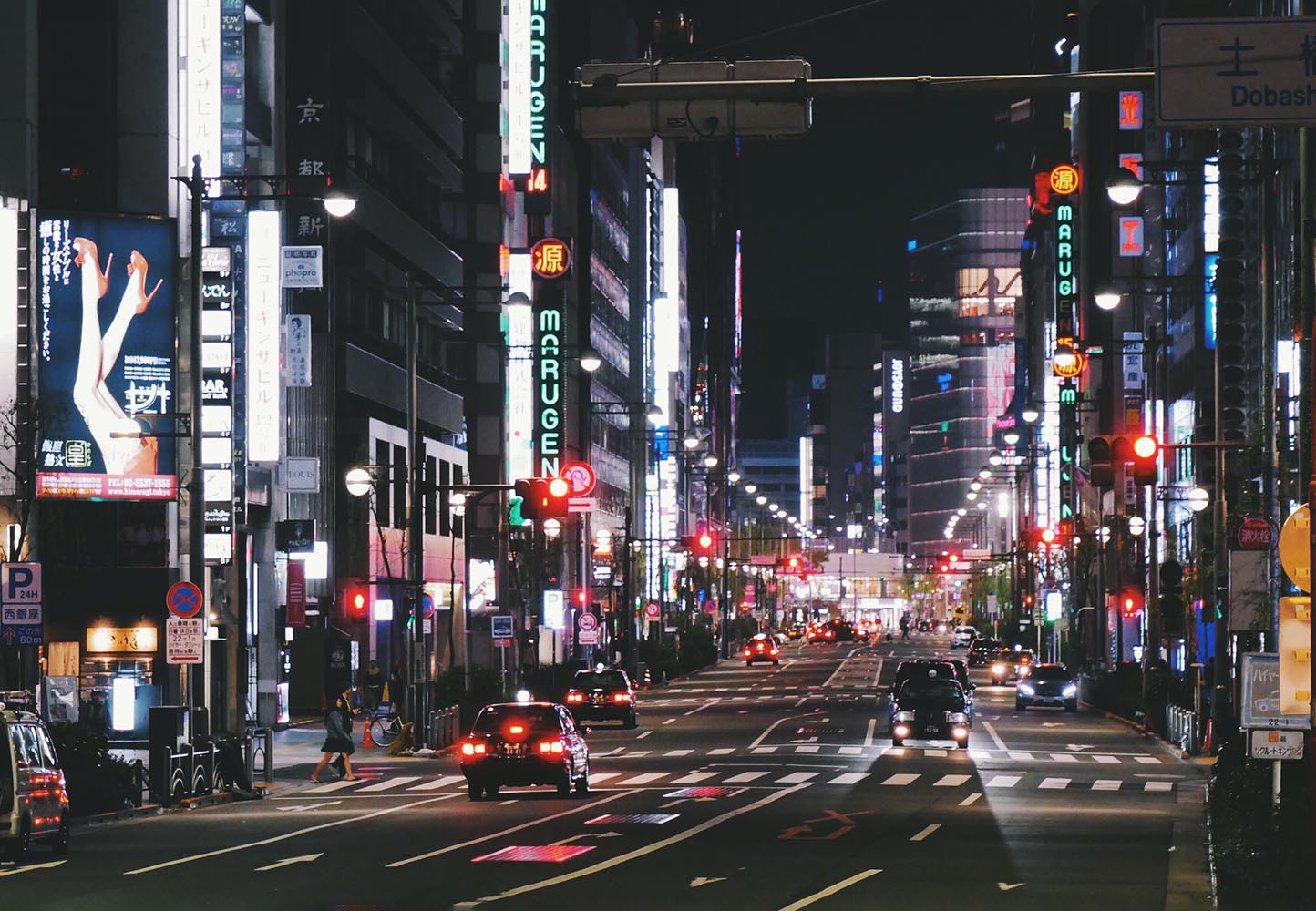
EIA forecasts Japan’s petroleum use to hit record low in 2024
According to the U.S. Energy Information Administration’s (EIA) Short-Term Energy Outlook released in December 2023, Japan is expected to experience its lowest annual petroleum consumption since at least 1980 by 2024. This decline is attributed partly to Japan’s aging and shrinking population, which is already impacting its oil refining industry.
Refinery closures in Japan
Japanese refiner ENEOS permanently closed a 120,000-barrel-per-day (b/d) refinery in western Japan in mid-October 2023. Similarly, Idemitsu Kosan plans to close another 120,000-b/d refinery in March 2024. These closures account for 7% of Japan’s total refinery capacity.
The EIA forecasts a 3% decrease in Japan’s consumption of petroleum products from 2023 to 2024, dropping to 3.3 million b/d. Since peaking at 5.7 million b/d in 1996, Japan’s petroleum consumption has been declining by an average of 2% per year, largely due to demographic and economic shifts. The oil intensity of Japan’s economy, measured in barrels of oil consumed per USD1,000 of gross domestic product, has also been decreasing.
Japan’s population peaked in 2009, and since then, the country has experienced some of the slowest economic growth among OECD countries. OECD stands for the Organisation for Economic Co-operation and Development. It is an international organisation composed of 38 member countries, primarily from Europe, North America, and the Asia-Pacific region.
Additionally, as of 2022, 30% of Japan’s population was aged 65 and older, a higher percentage than in the EU, the United States, and China, according to the World Bank.
Refinery challenges
Japanese refineries, primarily built to serve domestic fuel needs, struggle to compete in international markets. These refineries are generally smaller and less complex than newer ones in Asia, including those in China, South Korea, and India. “Complexity” in this context refers to a refinery’s ability to process secondary operations like hydrocracking and coking, which convert low-value heavy fuel oil into valuable transportation fuels. More complex refineries can produce higher-value products from crude oil.
Japanese refineries often process lighter and sweeter grades of crude oil, which are more expensive than heavier and more sour grades. The combination of higher yields of lower-value products and the use of more expensive crude oils makes Japanese refiners less profitable and less competitive globally. Complex refinery margins in Asia can be 30%–50% higher than simple refinery margins.
Future outlook
The EIA’s International Energy Outlook projects that Japan’s petroleum consumption will continue to decline beyond 2024, indicating that Japanese refiners will face increasing competitive pressures. As a result, Japanese oil refiners are seeking to expand their market presence overseas, especially in the developing markets of Asia.











